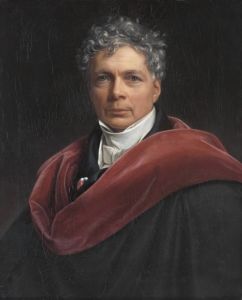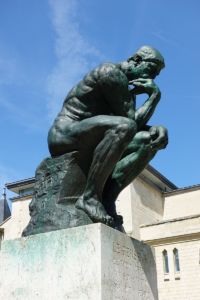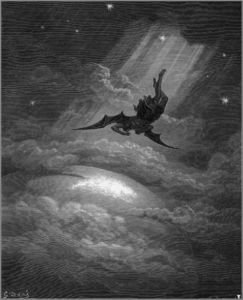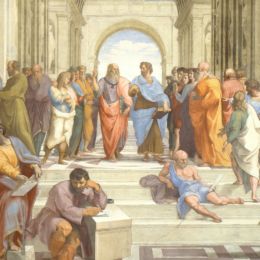
The early philosophers of liberalism postulated the “noble savage” as the type of man encumbered by social problems who had existed prior to the advent of civilization, and who still prevailed among the primitive peoples Europeans encountered in the rest of the world. (Detail from Benjamin West, The Death of General Wolfe, 1771.)

The early philosophers of liberalism postulated the “noble savage” as the type of man encumbered by social problems who had existed prior to the advent of civilization, and who still prevailed among the primitive peoples Europeans encountered in the rest of the world. (Detail from Benjamin West, The Death of General Wolfe, 1771.)
3,856 words
Part 1 of 3 (Introduction Part 1 here, Introduction Part 3 here, Chapter 1 Part 2 here)
Translated by F. Roger Devlin
Not being the work of a single man, liberalism has never presented itself as a unified doctrine. The authors who have laid claim to the name liberal have sometimes given divergent and even contradictory interpretations of it. Yet there must have been enough points in common between them to consider them liberal authors. It is precisely these points in common that allow us to define liberalism as a school. (more…)











